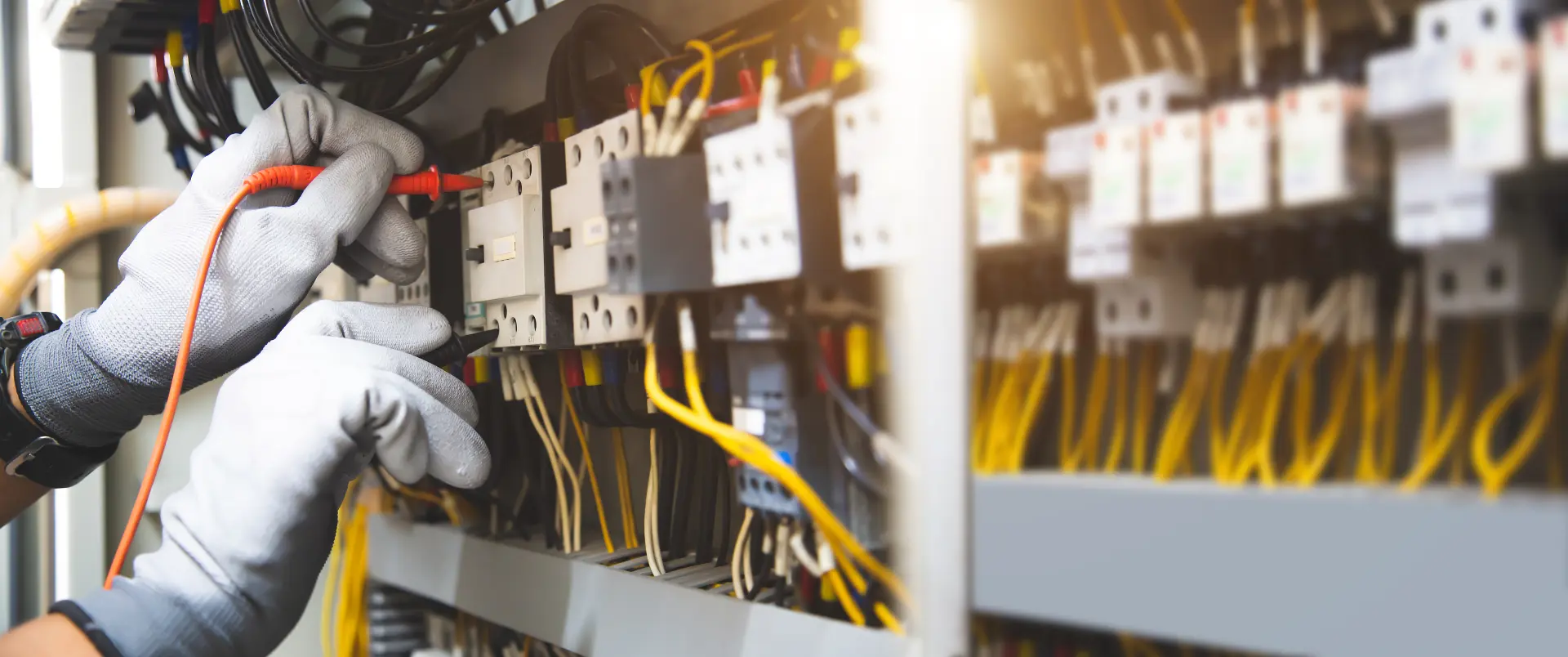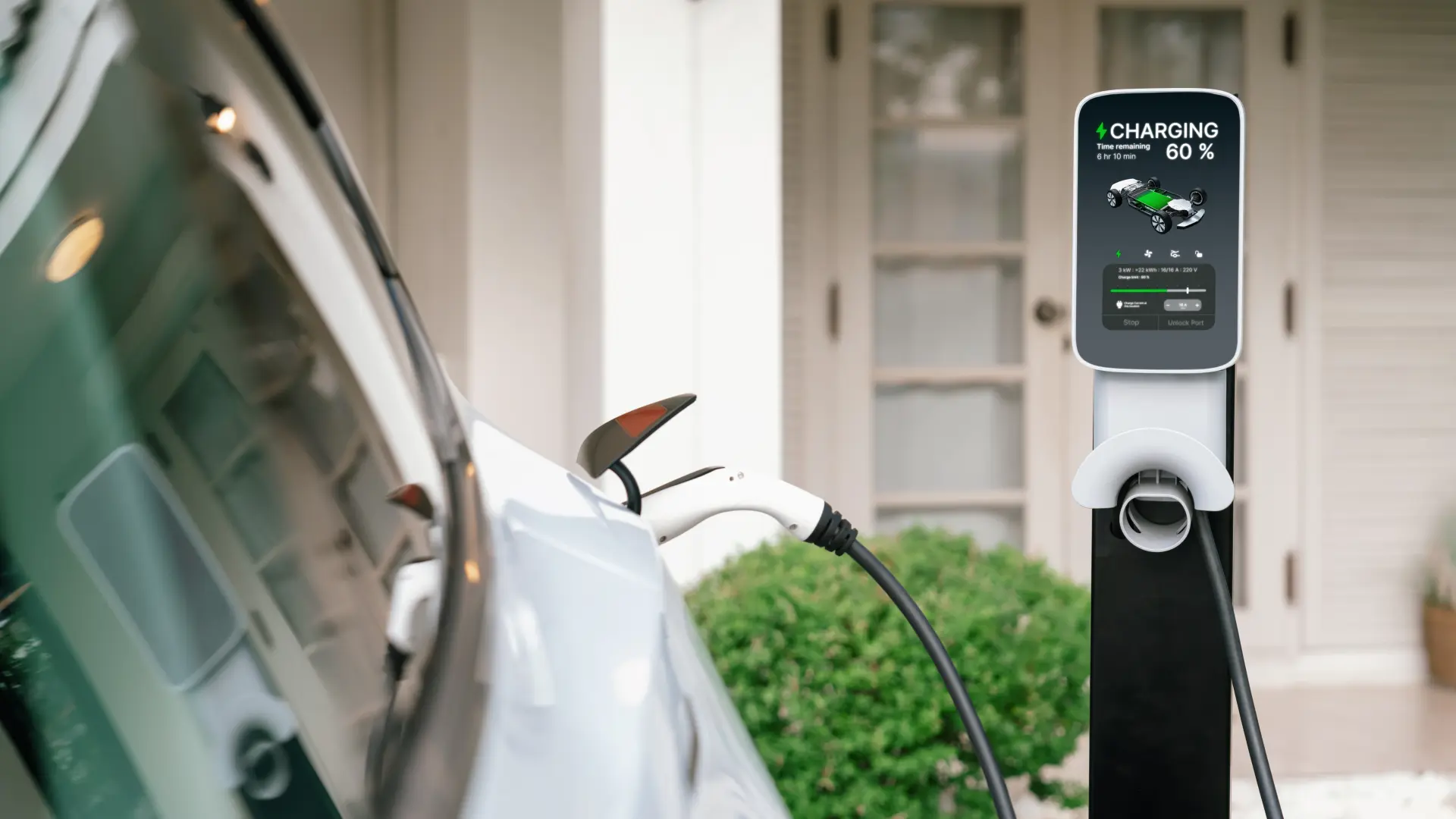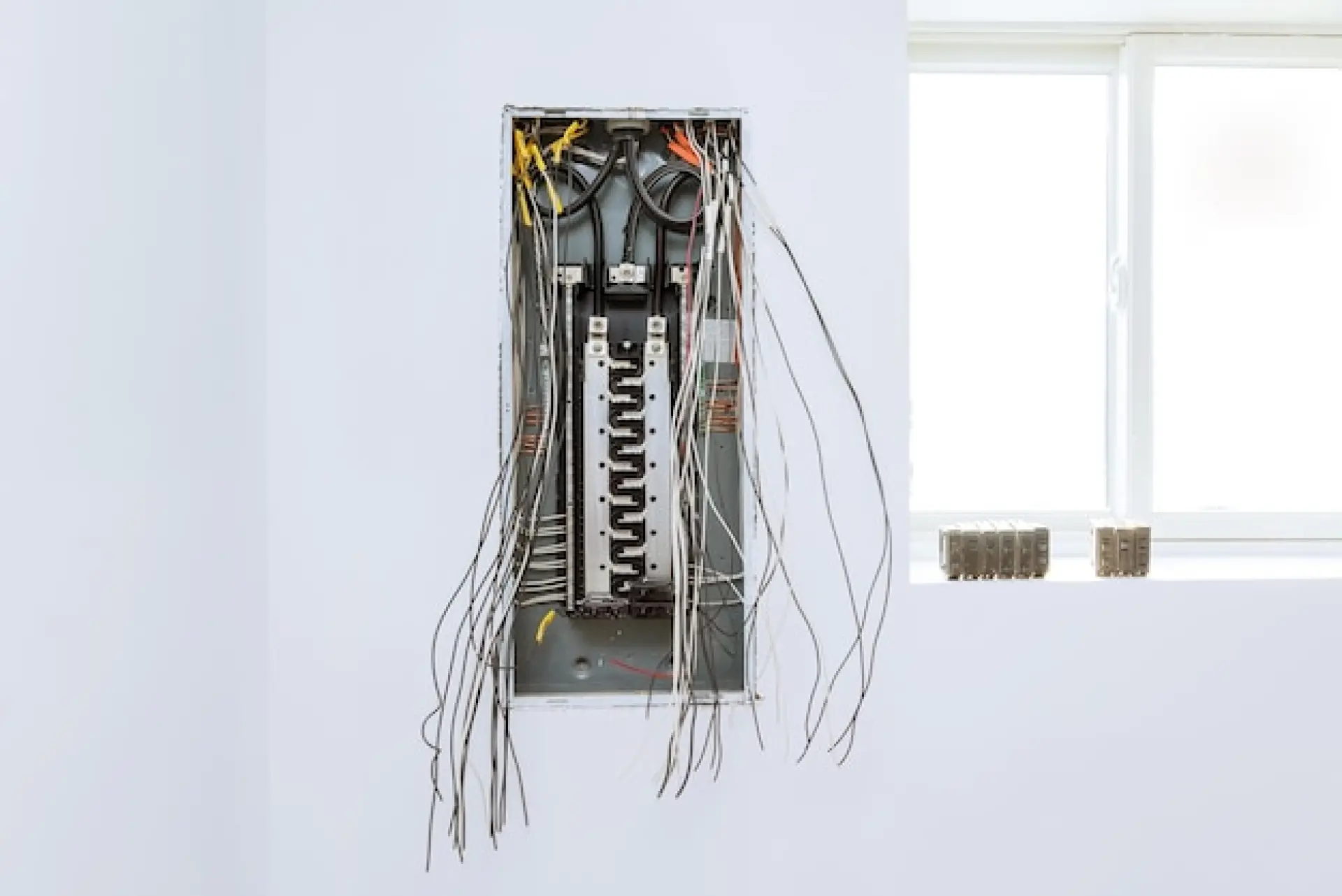Who Are the NICEIC?
The NICEIC stands for the National Inspection Council for Electrical Installation Contracting. It is a UK-based organisation that assesses and certifies electricians and electrical businesses. Their aim is to ensure all registered installers meet strict safety and quality standards. Being registered with the NICEIC means an electrician has passed regular assessments of their work and knowledge. This helps to protect both homeowners and businesses from unsafe electrical installations.
The NICEIC is recognised across the industry and trusted by local authorities. They also offer a complaints process and guarantee for certain types of work, giving added peace of mind. For any electrical work at home, using a NICEIC approved contractor is a smart and safe choice.
What Is a Domestic Installer?
A domestic installer is an electrician who is qualified and approved to carry out electrical work in homes. This includes installations, repairs, and inspections. Domestic installers must follow Part P of the Building Regulations, which focuses on electrical safety in dwellings. To become an approved domestic installer, an electrician needs to show they are trained, experienced, and able to work to current safety standards. They are also required to keep up to date with any changes in regulations. When registered with the NICEIC, they are allowed to self-certify their work without needing a local council inspection. This makes the process quicker and more convenient for homeowners needing electrical work done.
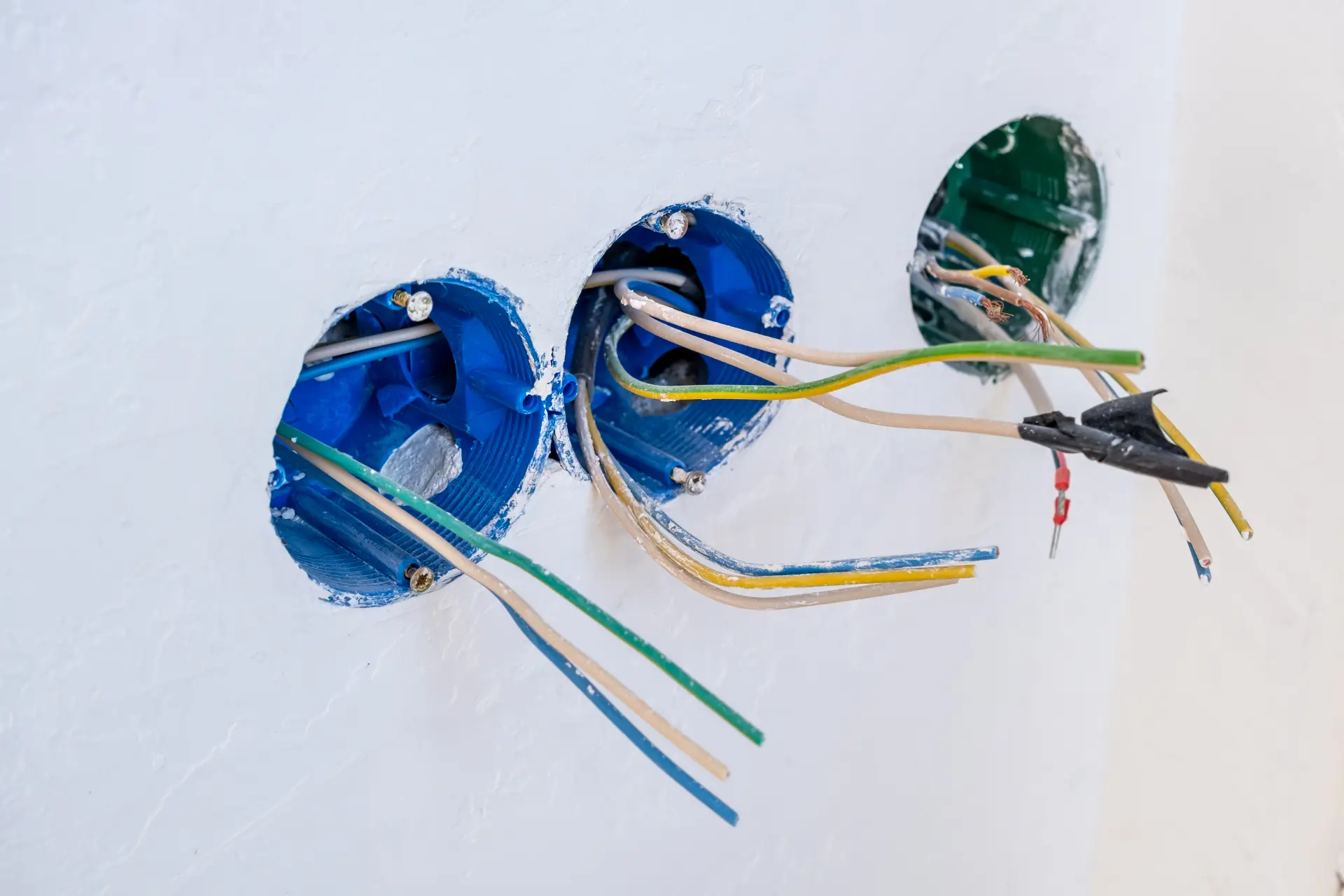
Domestic installers play a key role in keeping homes safe and up to date with modern electrical needs. With many homes requiring upgrades for things like smart technology, energy-efficient lighting, or additional power outlets, a domestic installer ensures that everything is fitted correctly and legally. Their training means they can spot potential risks early and provide advice on how to improve the safety and function of your electrical system.
Whether it's replacing old wiring or setting up a new consumer unit, a domestic installer ensures the job is done properly. They also help reduce the stress of dealing with building control by handling the legal paperwork for you.
Why It Matters for Homeowners?
Using a NICEIC approved domestic installer means homeowners are choosing someone who has been professionally assessed. This ensures the work meets legal safety standards and gives peace of mind that the home is protected. Poor electrical work can lead to serious risks like electric shocks or fires.
NICEIC installers help to prevent this by working to strict safety rules. They can also notify building control on the homeowner’s behalf, saving time and extra fees. Plus, if something does go wrong, the NICEIC offers a complaints process and, in some cases, a warranty. In short, hiring an approved installer is a safe, legal, and reliable choice.
What Type of Work Can They Do?
NICEIC approved domestic installers can carry out a wide range of electrical jobs in homes. This includes installing new sockets, light fittings, or fuse boxes. They can also rewire homes, add circuits for new appliances, or upgrade old electrical systems to meet current standards. If you're having a new kitchen, bathroom, or extension built, they can handle all the wiring and make sure it meets building rules. They can also install electric vehicle charging points or garden lighting. Because they are approved, they can self-certify the work and notify building control. This makes them ideal for most home electrical projects, large or small.
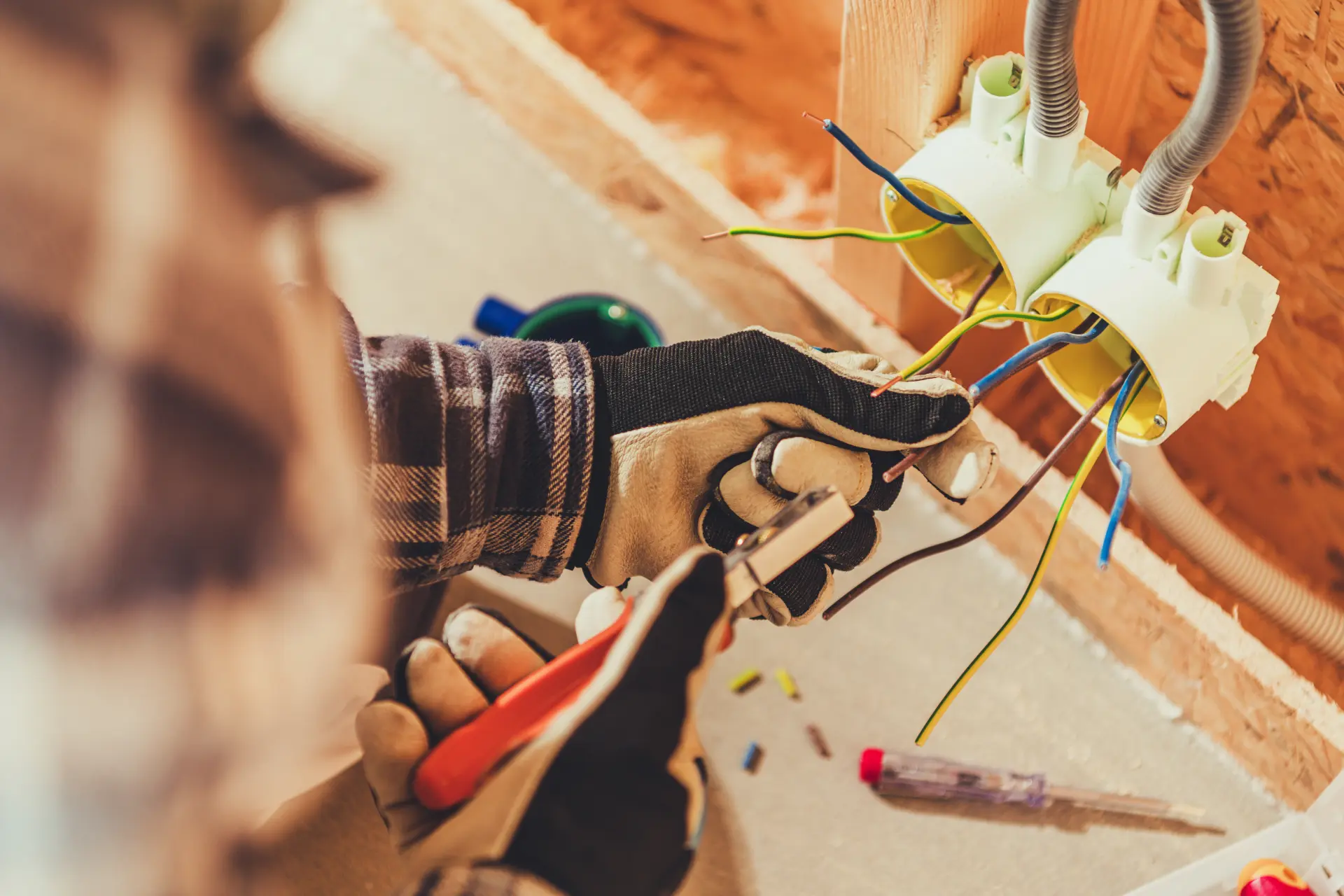
In addition to everyday repairs and installations, domestic installers are also essential when planning more complex projects. For example, if you're converting a loft or building a home office, the installer can help design a system that meets your needs safely. They understand how to balance loads across circuits, ensure protection from electrical faults, and install devices like RCDs (Residual Current Devices) for extra safety.
They can also fit technology that improves energy efficiency, such as smart thermostats and low-energy lighting. No matter the size of the job, from simple tasks to full renovations, their knowledge ensures the work will be safe, legal, and long-lasting.
Do NICEIC Installers Get Checked?
Yes, NICEIC approved installers are regularly assessed to ensure their work stays safe and up to standard. These checks are carried out by qualified NICEIC assessors who review the electrician’s skills, tools, paperwork, and completed work. The assessment covers both technical knowledge and how well the installer follows safety rules and regulations.
If they do not meet the required standards, they can lose their NICEIC approval. These regular checks are one of the reasons homeowners can trust NICEIC approved installers. It also helps make sure the installer keeps up with changes to laws or safety rules, giving customers extra confidence in the work being done. 4o
Redwood Electrical Services provide electrical testing and inspection services to ensure the safety and functionality of your electrical systems. Our team of specialist electricians work throughout Woking, Guildford, Cobham, Surrey, Berkshire and Hampshire.

